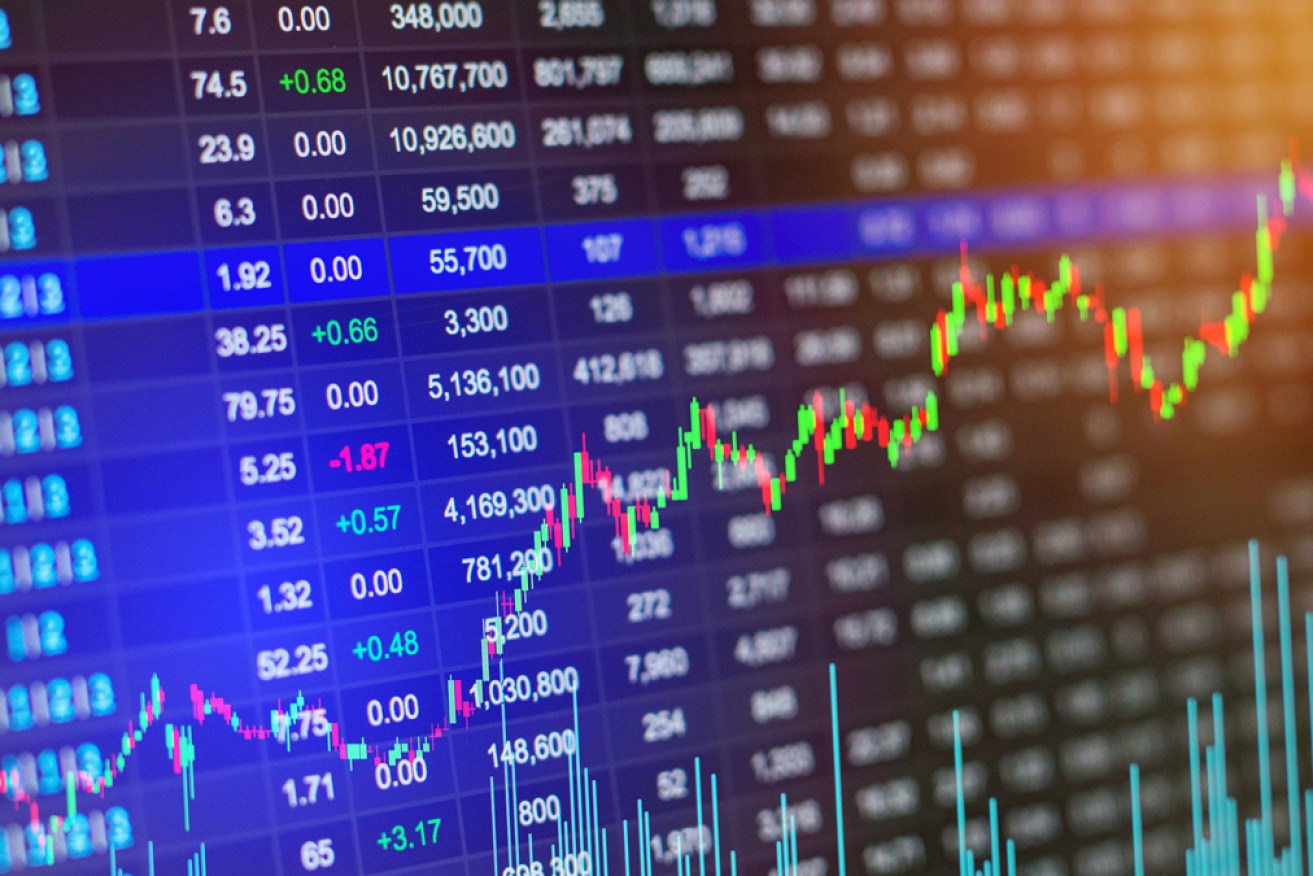Markets surge to 10-year highs following surprise election outcome


Stocks rallied to their highest level since 2007 following the Coalition's election victory. Photo: Getty
Australia’s stock market has rallied to its highest level since 2007 following the Coalition’s unanticipated federal election victory on Saturday.
The leading ASX 200 index gained 1.7 per cent in the first hour of trading on Monday, adding roughly $37 billion to its market capitalisation, before easing slightly back to about 1.4 per cent up by midday.
Stocks linked to Australia’s property market were the biggest gainers, with Commonwealth Bank stock trading arm CommSec noting that banks had accounted for roughly three-quarters of the market’s improvements by the middle of trading.
CommSec noted that markets typically enjoy a boost following a federal election “regardless of which party has come out on top”. But the Coalition’s victory was “a surprise to the market and means it is business as usual for now”.
“Investors had been taking into account Labor’s proposed reforms to negative gearing, franking credits and capital gains tax. The strongest improvers are stocks with a link to housing market and banks,” CommSec said.
Monday’s gains represent the fourth consecutive trading day of improvements on the market.
Dollar makes a rebound
The Australian dollar also enjoyed a boost on Monday, regaining some of the losses that pushed the it to a three-year low on Friday morning.
The dollar reached $US0.692 early on Monday morning, before dipping back to $US0.691 by 2pm.
Tweet from @CommSec
Su-Lin Ong, head of Australian fixed-income strategy at RBC Capital Markets, said the Coalition’s return to government “injects greater certainty into the outlook”, for markets, helping to firm the price of the dollar.
“We would expect some bounce in business confidence. It removes some downside risk to activity medium term and tempers our peak-to-trough forecast for national house prices of -15 per cent,” she said.
The dollar faces a home-grown hurdle in the form of a speech by Reserve Bank of Australia Governor Philip Lowe on Tuesday, where the prospect of a rate cut is likely to be high on the agenda.
Earlier this month, the central bank said an easing might be needed if the labour market did not stay strong. Since then, data has showed the unemployment rate rising to 5.2 per cent in April, even as hiring beat forecasts.
“We now expect that after last week’s soft readings on the labour market the RBA will cut rates in June,” said David de Garis, director of economics, markets at NAB.
“The numbers pointed to a risk that labour market spare capacity will not reduce, putting the RBA’s getting back to target inflation forecast at risk,” he added.
“NAB expects another follow-up cut in August.”
-with AAP








